Bulb Growers Out Of Business
joshy46013
13 years ago
Related Stories
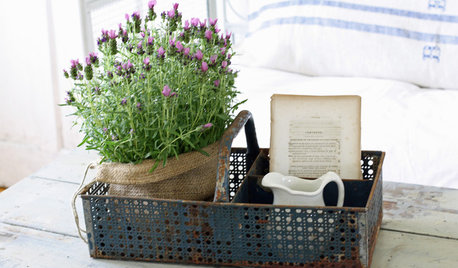
HOUSEPLANTSOutsmart Winter — Make Houseplants of Your Garden Growers
No need to watch Jack Frost play Wreck the Rosemary. Bring your garden inside for the winter, using containers and these guidelines
Full Story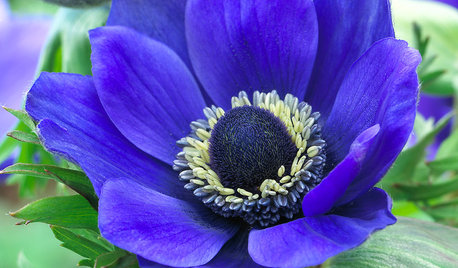
FALL GARDENING6 Splendid Blue-Flowering Bulbs
How do you blue? With colors from sky to cobalt, these bulbs will greet you merrily in a spring garden
Full Story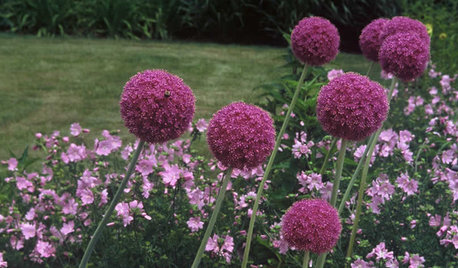
GARDENING GUIDES6 Unsung Bulbs for Fall Planting
Don't hang up your spade after summer — plant these unusual bulbs in fall for a spectacular spring show
Full Story
HOUSEPLANTSHow to Force Amaryllis Bulbs Indoors
Enjoy vibrant red blossoms even as gardens turn snowy white, by teaching this hardy repeat performer to ignore the calendar
Full Story
HOME TECHHere's a Bright Idea: Smart Bulbs for Better Lighting
Lightbulbs that can change brightness and color with a cell phone command show flashes of design brilliance
Full Story
LIFEStressed Out? Try Hitting the Woodshop
Building things with your hands just might boost your mood while giving you personal new pieces for your home
Full Story
KITCHEN DESIGNTrick Out Your Kitchen Backsplash for Storage and More
Free up countertop space and keep often-used items handy by making your backsplash more resourceful
Full Story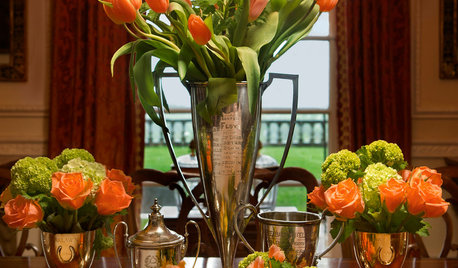
DECORATING GUIDESEntertaining: Hosts Pull Out the Stops for Kentucky Derby Parties
Walk through the lavishly appointed Malvern House as designer Lee W. Robinson shares tips for gatherings that go the distance
Full Story
FURNITUREGreat Furniture Pieces That Work Indoors and Out
Look to garden chairs, nesting tables, kitchen carts and more to serve double duty inside and outside your home year-round
Full Story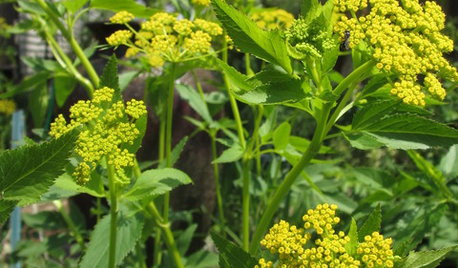
GARDENING GUIDESGreat Design Plant: Golden Alexanders for Early Spring Color
Get sunny flowers while other garden growers are still asleep, with this adaptable prairie plant beloved by butterflies
Full Story





ryan820
blancawing
Related Professionals
Wrentham Landscape Architects & Landscape Designers · Harrison Landscape Architects & Landscape Designers · New Mexico Landscape Architects & Landscape Designers · Rancho Palos Verdes Landscape Architects & Landscape Designers · Aberdeen Landscape Contractors · Caldwell Landscape Contractors · Elmhurst Landscape Contractors · Natick Landscape Contractors · Oklahoma City Landscape Contractors · Palm Beach Gardens Landscape Contractors · Waldorf Landscape Contractors · Kingsburg Landscape Contractors · Ansonia Landscape Contractors · Malden Swimming Pool Builders · West Chester Swimming Pool Builderskaboehm (zone 9a, TX USA)
bluebonsai101
joshy46013Original Author
blancawing
chazparas
mariava7
blancawing
mikep_cfl
joshy46013Original Author
radarcontactlost
radarcontactlost
mikep_cfl
radarcontactlost
joshy46013Original Author